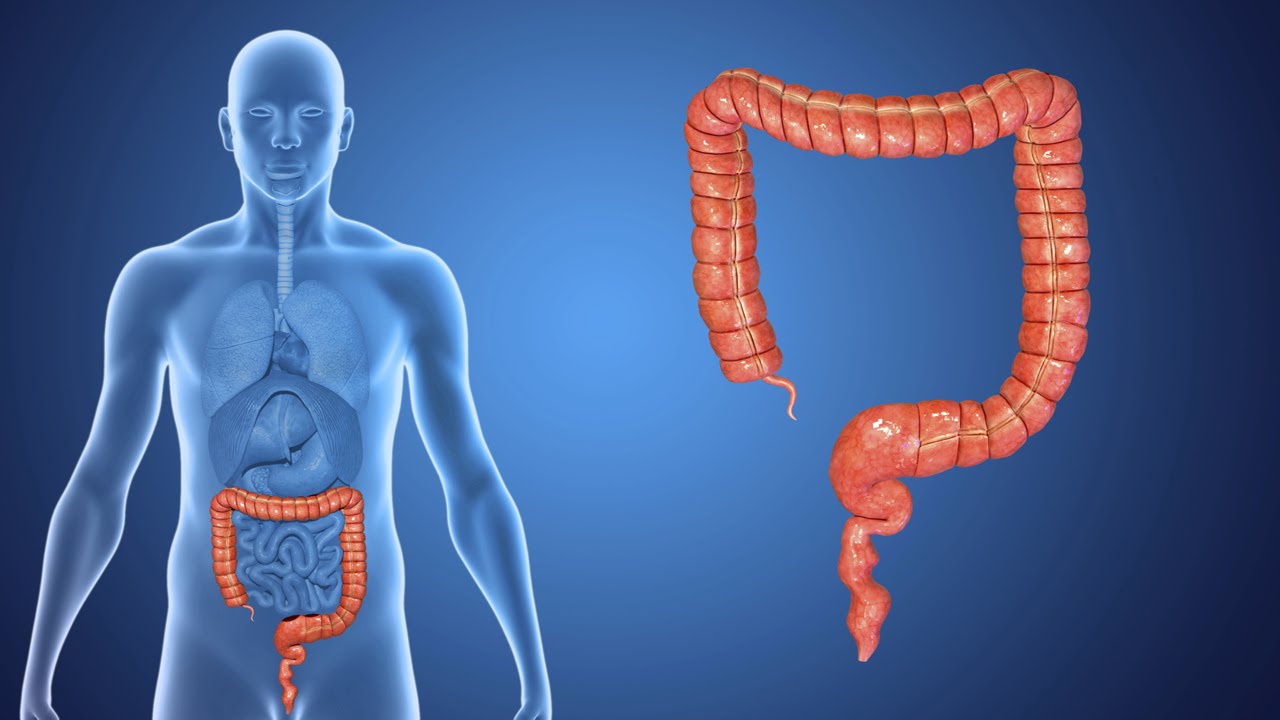Colon cancer
Stage 0 :
Only the mucosal layer is affected by the cancer in this case. In these situations, removal by endoscopy might be possible.
Depending on the characteristics of the tumor, endoscopic treatment may be sufficient to achieve cure in some cases while formal surgery is necessary in others. The majority of these early cancers manifest as polyps.
Stage 1:
The cancer is still internal to the colon, but it has not spread yet. The endoscope may be able to remove some stage 1 cancers. But most of them surgery is necessary
Stage 2:
Cancer in this stage has spread outside of the layer of colonic muscle but has not yet reached the lymph nodes.Direct surgery is needed for colon and upper rectum cancers at this stage. Surgery must be performed after radiation or chemotherapy for cancers of the mid and lower rectum. After surgery, some stage 2 tumors require further treatment.
Stage 3:
Cancer spreads in this stage, but only to the lymph nodes and not to the rest of the body. The procedure is comparable to stage 2.
Stage 4:
At this point, the malignant cell has spread throughout the body's organs. This is the terminal stage of cancer.
The treatment is determined by the organs where the cells have disseminated. When the disease has only advanced to the liver or lungs, intensive treatment to achieve a cure is an option. This is accomplished with a mix of major surgery and chemotherapy.
Similarly, cytoreductive surgery may be useful when cancer spreads to specific parts of the peritoneum. Colorectal cancer in stage 4 has a wide range of disease spread. As a result, treatment decisions differ from patient to patient.
When surgery is not an option, most stage 4 colorectal cancers are treated with systemic chemotherapy and targeted therapy.
Dr. R. Phani Krishna
